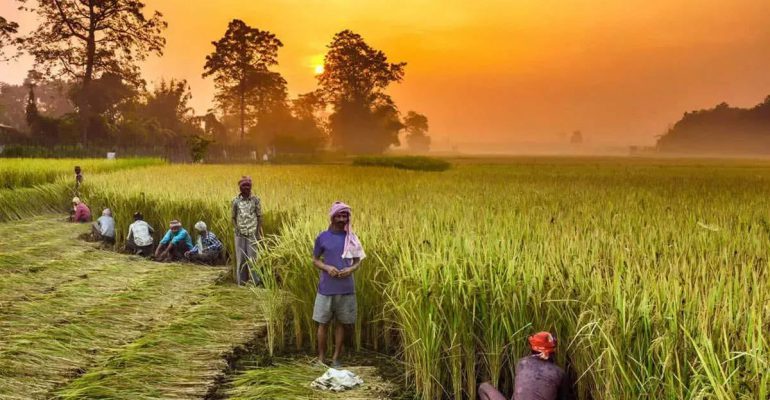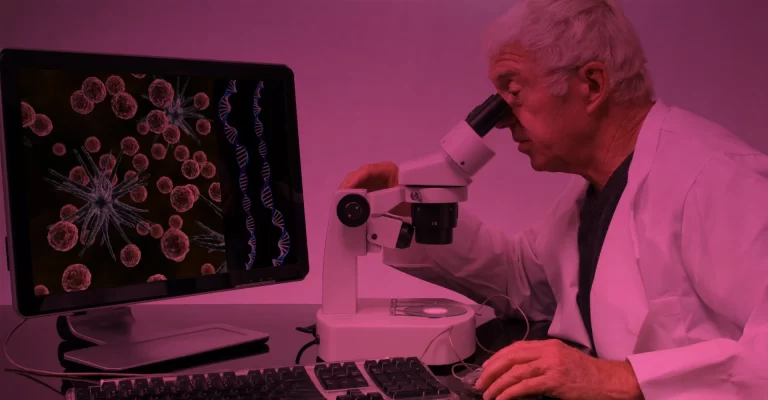Implementing Sustainable Agriculture: Practices for a Greener Future
December 8, 2023 2023-12-08 12:22Implementing Sustainable Agriculture: Practices for a Greener Future
Introduction Sustainable agriculture is a method of farming that focuses on producing food, fiber, and other plant or animal products in a way that is environmentally sound, economically viable, and socially responsible. This approach seeks to balance the need for food production with the preservation of the ecological system within the environment.
Key Practices
- Crop Rotation: Rotating different crops in the same field helps in preventing soil depletion, reducing pest and disease problems, and increasing soil fertility.
- Conservation Tillage: Reducing tillage maintains soil structure, reduces erosion, and enhances soil health.
- Integrated Pest Management (IPM): IPM combines biological, cultural, physical, and chemical tools to manage pests in an environmentally and economically sound way.
- Organic Farming: Avoiding synthetic fertilizers and pesticides, and using natural alternatives to maintain soil fertility and control pests.
- Agroforestry: Integrating trees and shrubs into agricultural land can provide shade, shelter, and nutrients to crops and livestock, enhancing biodiversity.
- Water Management: Efficient irrigation systems and water conservation techniques help in sustainable water use.
- Livestock Integration: Incorporating livestock into farming systems can help in nutrient recycling through manure and improve soil health.
Technology and Innovation Advancements in technology, such as precision agriculture, can significantly contribute to sustainable practices. Drones, GPS technology, and smart irrigation systems enable farmers to use resources more efficiently.
Community and Policy Support Building community awareness and support, alongside favorable government policies and subsidies, can encourage the adoption of sustainable practices.
Conclusion Implementing sustainable agriculture practices is crucial for the health of our planet and the well-being of future generations. It requires a concerted effort from farmers, consumers, policymakers, and researchers to create a more sustainable and food-secure world.



















